
Albuterol nebulizer is a device and medication for people suffering from respiratory problems, such as asthma, bronchitis and cystic fibrosis. The active substance in these nebulizers is Albuterol (or salbutamol, as it’s also known under that name). This medication is beta2 adrenergic agonist, which acts as bronchodilator and relieves health issues immediately, or in really short time (only 5 to 20 minutes, since the inhalation).
People suffering from asthma of chronic obstructive pulmonary problems experience breathing problems and related sleeping difficulties. Because of that, inhalators and nebulizers are their necessary daily companion.
How to Use Albuterol Nebulizer
Nebulizer works on the same mechanism as any inhaler. Albuterol nebulizers contain liquid Albuterol solution, and when a person inhales Albuterol in the lungs it relaxes the lungs after the bronchospasm and also opens up the airways, easing the breathing. There is a tube on one end of the nebulizer. It should be placed in the mouth, and the patient should press the button and release Albuterol aerosol to his/hers lungs. If you’re not sure how to use your inhaler or nebulizer consult the doctor and pharmacist, because they will be able to give some valuable advices.
Children and elderly may use specially designed nebulizer, containing the mask instead of the mouthpiece.
What is the Right Dose?
Your doctor will prescribe the dosage of Albuterol you need, and you should always stick to the prescription. However, there is some general information about the albuterol nebulizers. The usual nebulizer doses are 0.63mg, 1.25mg or 2.5mg, mainly 3 or 4 times a day.
To prevent bronchospasm, it is recommended to use 1 or 2 aerosol inhalations on every 4 to 6 hours. For people suffering from exercise-related bronchospasm, it is advised to use 2 inhalations, 15 minutes before the start of exercise.
Adverse Effects of Albuterol Nebulizer
Inhalers and nebulizers usually don’t provoke many side effects, due to the tiny amounts of medications used in them. However, some people might experience sore and dry throat, nausea, vomiting or headaches when using Albuterol nebulizer. There is also the possibility for sleeping problems, tremors, dizziness, nervousness or sinus infections.
Very rarely, Albuterol may worsen the existing symptoms, causing even more breathing problems, shortness of breath and wheezing. Don’t ignore these symptoms and ask for medical assistance if that happened.
Other reported side effects associated with Albuterol are extremely rare, but those include: chest and ear pains, skin problems, irregular heartbeats, headaches and dizziness.
Some patients are advised to consult their doctor and be careful when using Albuterol nebulizers. People suffering from diabetes, heart problems, seizure, hyperthyroidism or adrenal gland tumor should be cautious when using Albuterol. The same caution goes for pregnant women – always inform your doctor that you are expecting the child and consult them about the potential problem that might be caused by Albuterol.





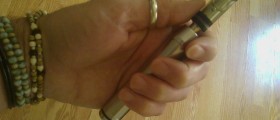
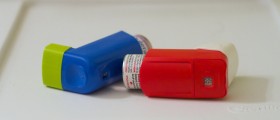
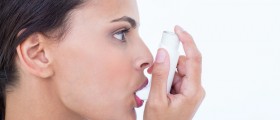

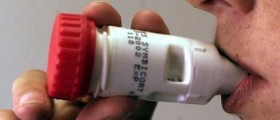

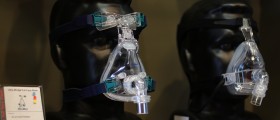

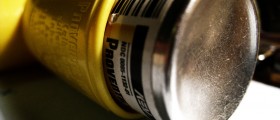



Your thoughts on this
Loading...